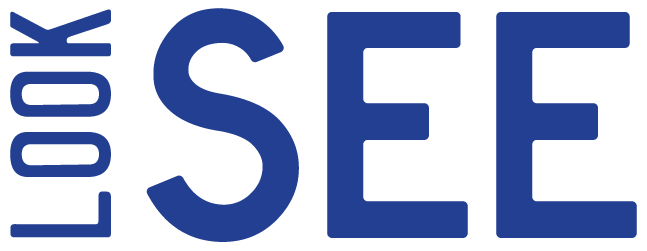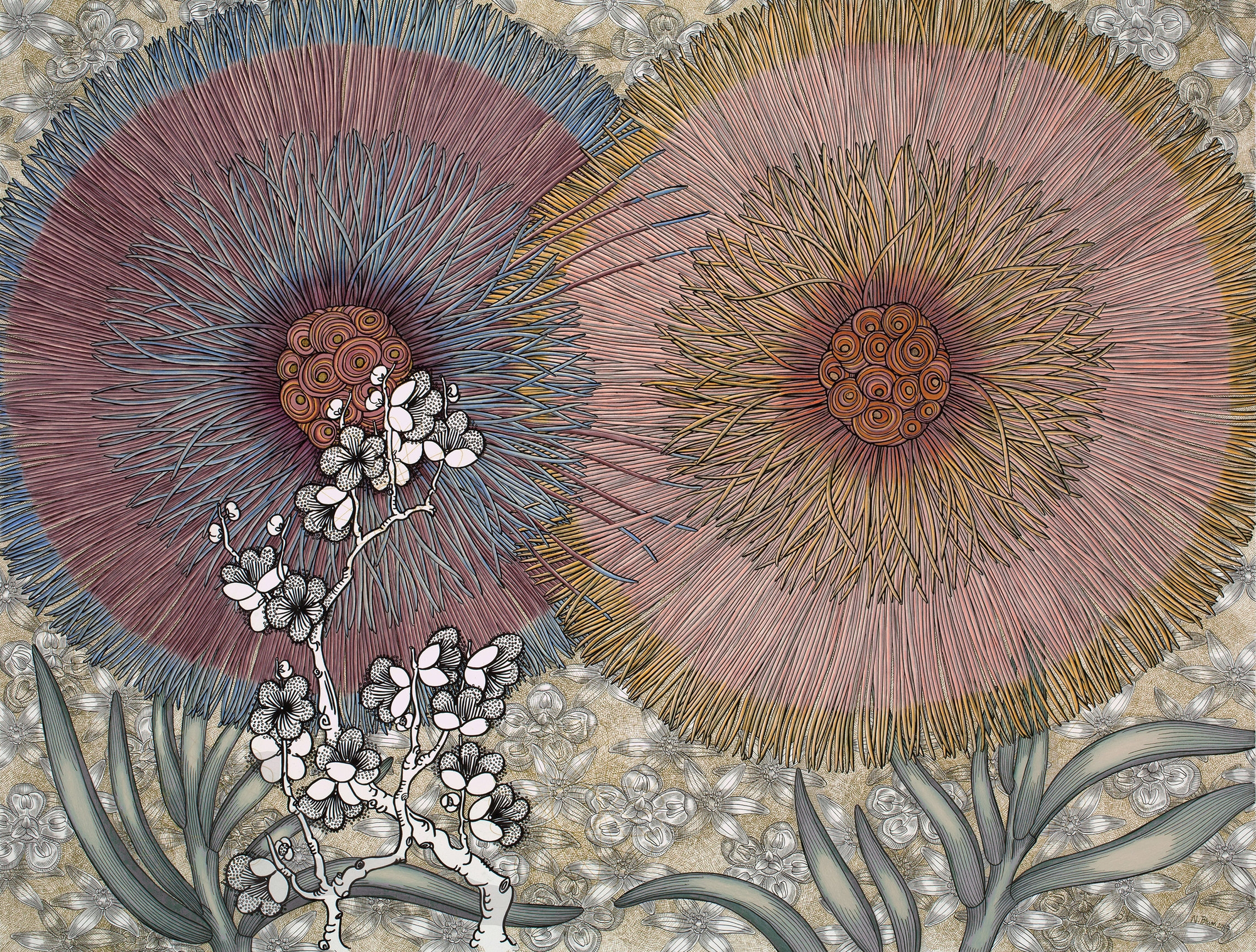Martine Syms

Contemporary art is often defined as the art of the now, and the work of Martine Syms is of this very moment. She defines herself as a conceptual entrepreneur, not an artist, and in her work, she adopts any discipline, any distribution method, any formal strategy or model that responds to the shifting boundaries of culture and business.
Regardless of the method or lens she is using at the moment, her work investigates how Blackness is circulated as an image. One of her main interests has been the entertainment industry, especially film. Black references are at the core of the movies - gestures, movement, language style, and fashion all essentially shape what we see on the screen and Syms has pushed us to see that more clearly.
With her new installation at the Institute for Contemporary Art at VCU, Martine Syms continues moving into examining technology, specifically artificial intelligence and social media. In this space, unlike in entertainment, there is very little, if any, reference to Blackness. The third “release” of what Syms refers to as a research project, Shame Space asks what Blackness and Black femininity might look like in this space.
Listen to my conversation with Amber Esseiva, assistant curator at the ICA, about Martine Syms and this paradigm-shifting installation that happily raises many more questions than it answers.
Martine Syms, Shame Space, is on view through May 12, 2019, at the Institute of Contemporary Art at VCU.
“(Martine Syms) explores this very basic idea and takes it to a hyper-conceptual idea - this idea of modeling and modeling oneself and what that means. She starts from threat modeling, which is this idea that anyone who is building anything on technology has to make a chart of sorts that visualizes all of the possible threats that can be introduced into a website or an application. And then you have to develop the tools to combat all those threats so your system works. . . . She, in that research, connected threat modeling to psychology and psychoanalysis to say that we threat model every day. . . . That process for black people in the US and especially black women is even more extreme. The constant assessing what possibly could go wrong at any given moment is something that is just second nature to the way that . . . black women’s psychology is coded in the United States. So there is that very specific connection between threat modeling and the black feminine experience.”
Paige hosts the LookSEE podcast and is a freelance audio producer, an art lover, and a lifelong Richmonder. Her favorite place to be is in a museum. A close second is a bookstore.














